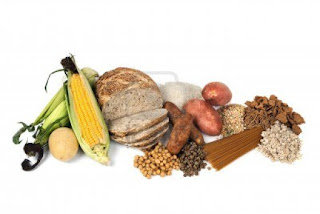I had the wonderful opportunity a couple weeks ago to kick of the New Year with radio host Victoria Moran on her radio show Main Street Vegan! Victoria Moran is the bestselling author of 11 books and hosts a weekly radio show on Unity.FM geared towards improving the health and lives of others and the planet by promoting a vegan lifestyle. She has appeared on The Oprah Winfrey Show and was voted Vegan Of The Year in 2012! To learn more about Victoria's work check out her book Main Street Vegan: Everything You Need to Know to Eat Healthfully and Live Compassionately in The Real World.
In this segment, Victoria and I talk about a number of interesting health-related topics including:
- My childhood years and dream of pursuing a pharmacy career
- How America got itself stuck in the current healthcare crisis
- Big Pharma's role and influence in the healthcare system
- The best available treatment options (both conventional and alternative) used in treating some of the most common chronic diseases
- Which vitamins and supplements are truly necessary
- How to make a healthy lifestyle a permanent fixture in one's life
















.jpg)

























